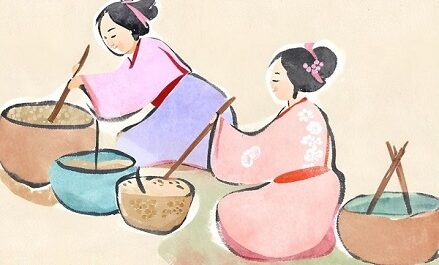Learn Chinese Idiom Name, Pinyin, English
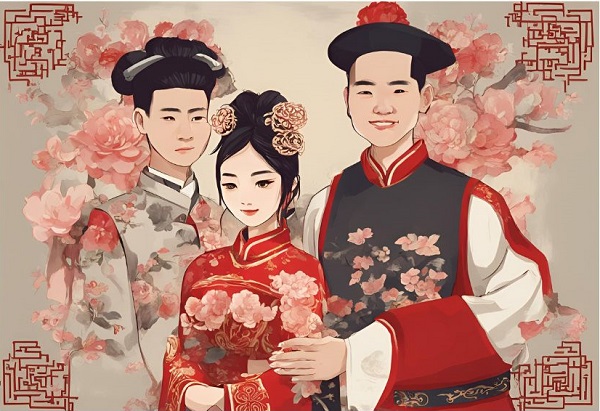
- Idiom in Chinese-男婚女聘。
- Pinyin of Idiom– nán hūn nǚ pìn.
- Idiom’s Meaning in English– This idiom refers to the traditional custom of marriage in China, where the male proposes marriage to the female and both sides arrange for the wedding. It symbolizes the union of two families through marriage.
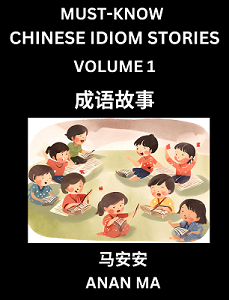
Chinese Idiom Stories Books (HSK All Levels):
- Books to Learn Chinese Idiom Stories (Part 1)
- Books to Learn Chinese Idiom Stories (Part 2)
- Books to Learn Chinese Idiom Stories (Part 3)
Learn Chinese Idiom Story in English (成语故事的英文)
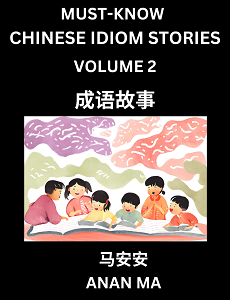
In ancient China, the custom of “male marriage and female betrothal” (nán hūn nǚ pìn) was prevalent. When a man reached the age of marriage, his elders or a matchmaker (méi rén) would search for a suitable woman as his partner. Similarly, a woman’s family would also seek a compatible man for her. Once both families were satisfied, the exchange of betrothal gifts (pìn lǐ) would take place, marking the beginning of the marriage. This custom was not just a union between two individuals; it was also an alliance between two families, symbolizing mutual trust and commitment.
Learn Idiom Story in Chinese (成语故事)
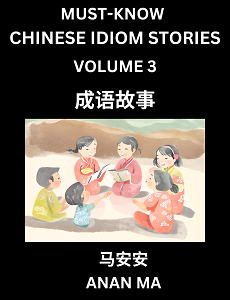
在中国古代,男婚女聘是一种非常普遍的婚姻形式。那时候,男子到了适婚年龄,会由家中的长辈或媒人出面,去寻找合适的女子作为伴侣。同样,女子的家庭也会为她寻找合适的男子。一旦双方家庭都满意,便会进行聘礼的交换,这标志着婚姻的开始。男婚女聘不仅是两个人的结合,更是两个家庭的联姻,象征着彼此的信任和承诺。
Learn Keywords with English, Simplified Chinese Characters, and Pinyin (关键词)
男婚(nán hūn): male marriage
女聘(nǚ pìn): female betrothal
媒人(méi rén): matchmaker
聘礼(pìn lǐ): betrothal gifts
联姻(lián yīn): alliance through marriage
Pinyin of Idiom Story (故事的拼音)
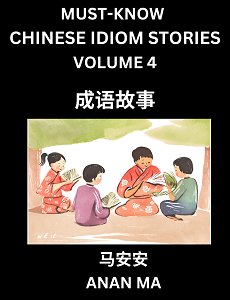
Zài zhōngguó gǔdài, nán hūn nǚ pìn shì yī zhǒng fēicháng pǔbiàn de hūnyīn xíngshì. Nà shíhòu, nánzǐ dàole shì hūn niánlíng, huì yóu jiāzhōng de cháng bèi huò méirén chūmiàn, qù xúnzhǎo héshì de nǚzǐ zuòwéi bànlǚ. Tóngyàng, nǚzǐ de jiātíng yě huì wèi tā xúnzhǎo héshì de nánzǐ. Yīdàn shuāngfāng jiātíng dōu mǎnyì, biàn huì jìnxíng pìnlǐ de jiāohuàn, zhè biāozhìzhe hūnyīn de kāishǐ. Nán hūn nǚ pìn bùjǐn shì liǎng gèrén de jiéhé, gèng shì liǎng gè jiātíng de liányīn, xiàngzhēngzhe bǐcǐ de xìnrèn hé chéngnuò.



